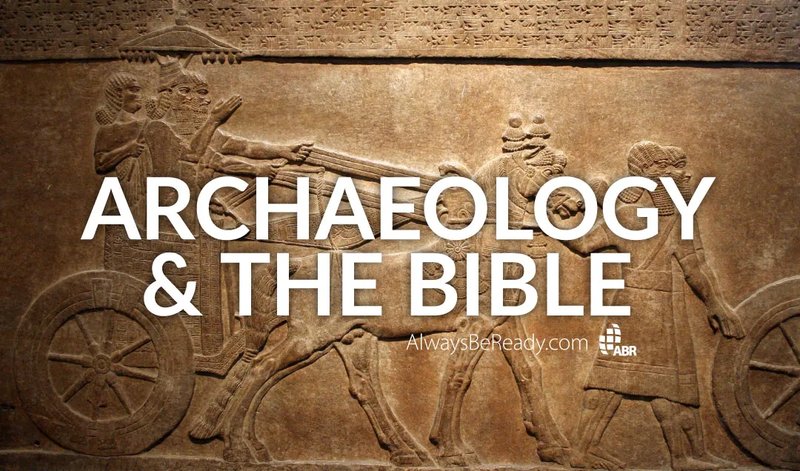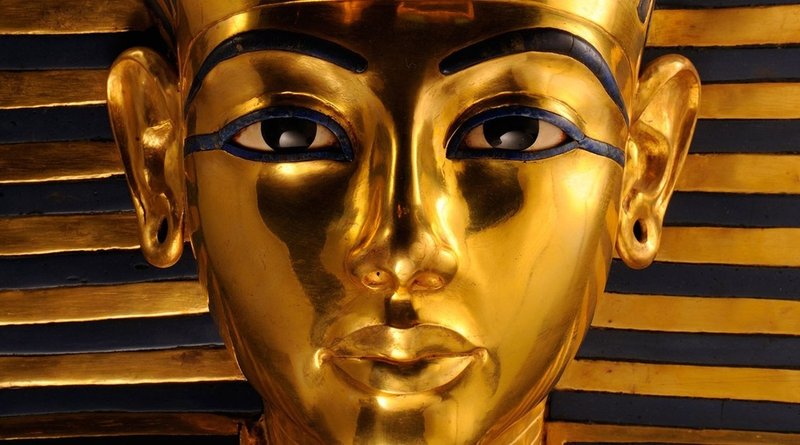· Apologetics > Apologetics Basics > History · 4 min read
Comparing Atenism Influence on Christianity: Biblical Insights
Discover the fascinating ancient Egyptian religious practice of Atenism, centered around the worship of the sun-disk deity Aten. Uncover the beliefs and impact of this monotheistic faith in history.

Atenism
Atenism was an ancient Egyptian religious movement that worshipped the god Aten, depicted as the sun disk extending blessings to Earth. It gained prominence during the reign of Pharaoh Amenhotep IV, who changed his name to Akhenaten, meaning “Servant of Aten.” Akhenaten sought to consolidate Egyptian polytheism into the worship of one god, Aten. However, Atenism did not last long after Akhenaten’s death as Egyptians reverted to their previous polytheistic practices and labeled him as “the Heretic King.”
Did Atenism Influence Judaism?
The question of whether Atenism had any influence on Judaism depends on the belief in the accuracy and truthfulness of the Bible. If we believe that the Bible is true, then Judaism (and Christianity) did not borrow from Atenism. The Bible provides an accurate account of who God is and how He interacts with humanity. Any similarities between the biblical description of God and descriptions found in other religions can be seen as either coincidences or indications that other religions borrowed from the Bible.
However, if we are unsure about the truthfulness of the Bible, it is worth investigating the similarities between Atenism and ancient Judaism. Some skeptics propose that the Hebrew people were residents of Egypt during Akhenaten’s reign and incorporated aspects of Atenism into their religious practices upon leaving Egypt. According to this theory, Moses stole the idea of monotheism from Akhenaten.
Chronological Issues
One key problem with this theory is a matter of chronology. The Hebrews were in Egypt from around 1800 to 1400 BC, while Akhenaten did not ascend the throne until the mid-1300s BC. The Israelites had already left Egypt before Akhenaten’s reign, making it impossible for them to have borrowed anything from Atenism. To assert that there was religious borrowing, it would need to be proven that Moses and Akhenaten were contemporaries, which has not been established.
Few Similarities, Significant Differences
Another significant issue with the theory of Atenism’s influence on Judaism is the scarcity of similarities between the two religions. The only notable similarity is their monotheistic nature in a time when polytheism was dominant. However, there are major differences between Atenism and Judaism. Aten does not seem to possess ethical preferences or an established law like the God of Judaism. The God of the Jews declares in Exodus 19:6 that He will make all His people priests who are to represent Him to the world. In contrast, King Akhenaten declared himself as the sole mediator between Aten and humanity.
Alternative Theories
Some alternative theories have been proposed, suggesting connections between Egyptian figures and biblical characters. For example, some have tried to relate Yuya, an Egyptian royal, to Joseph from the book of Genesis. However, Yuya was buried in Thebes, while Joseph’s body was taken to Canaan for burial according to Joshua 24:32. Additionally, some suggest that Moses was actually Akhenaten himself. However, this theory has gained little support from scholars, as Moses’ family lineage in the Bible clearly indicates he was not Egyptian.
Why This Matters
The question of whether Atenism influenced Judaism is significant because it relates to the origins and authenticity of biblical monotheism. If there was indeed borrowing between religions, it would raise questions about the uniqueness and divine inspiration of the Hebrew Bible. However, if no evidence supports such borrowing, it strengthens the credibility of the biblical account and affirms its distinctiveness.
Think About It
Considering the historical and theological evidence presented, it becomes clear that there is no solid basis to claim that Judaism or Christianity borrowed from Atenism. The differences between the two religions outweigh the few similarities, and the chronological timeline does not support the theory of religious borrowing. This highlights the importance of critically examining claims and theories that challenge the authenticity and uniqueness of biblical monotheism. It reinforces the reliability and distinctiveness of the biblical account as a faithful representation of God’s interactions with humanity.



